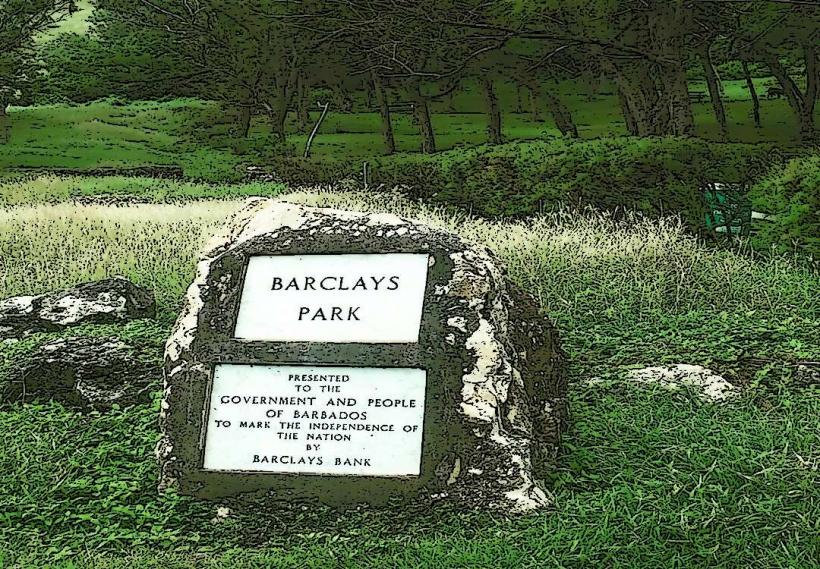Information
Landmark: Morgan Lewis WindmillCity: Saint Andrew
Country: Barbados
Continent: North America
Morgan Lewis Windmill, Saint Andrew, Barbados, North America
The Morgan Lewis Windmill is a historic sugar mill located in Saint Andrew, Barbados. It is one of the last remaining operational windmills of its kind on the island.
Visual Characteristics
The windmill is constructed primarily of coral stone and limestone. It stands approximately 30 feet tall with a conical tower. The roof is capped with a wooden structure housing the sails, which are typically made of canvas stretched over wooden frames. The exterior walls are whitewashed, with visible stonework at the base.
Location & Access Logistics
The windmill is situated on the northeastern coast of Barbados, approximately 25 kilometers (15.5 miles) northeast of Bridgetown. Access is via Highway 1, turning onto Highway 2 and then following signs for Morgan Lewis. Parking is available on-site in a designated gravel lot. Public transport options are limited; the nearest bus route is approximately 2 kilometers (1.2 miles) away.
Historical & Ecological Origin
Construction of the Morgan Lewis Windmill is dated to the mid-18th century, likely around 1730. It was built to process sugarcane, a primary agricultural product of Barbados during the colonial era. The windmill represents a significant piece of the island's industrial heritage related to sugar production.
Key Highlights & Activities
Visitors can observe the internal workings of the mill, including the grinding mechanism and the sail rotation system. Interpretive displays detail the history of sugar production in Barbados. Photography of the structure and surrounding landscape is permitted.
Infrastructure & Amenities
Restrooms are available on-site. Limited shade is provided by the windmill structure itself. Cell phone signal (4G/5G) is generally available. No food vendors are located directly at the windmill; nearest facilities are in the nearby village of Belleplaine.
Best Time to Visit
For optimal lighting for photography, visit in the morning between 9:00 AM and 11:00 AM, or in the late afternoon between 3:00 PM and 5:00 PM. The best months for weather are typically from December to May, during the dry season. Wind conditions can affect sail rotation, with stronger breezes more common in the afternoon.
Facts & Legends
A local legend suggests that the windmill's sails were once used to signal messages between plantations. While unverified, this tale highlights the windmill's central role in the island's historical communication network.
Nearby Landmarks
- Chalky Mount Pottery (1.5km Southwest)
- Bathsheba (4km Southwest)
- Hackleton's Cliff (4.5km South)
- St. Nicholas Abbey (5km West)



